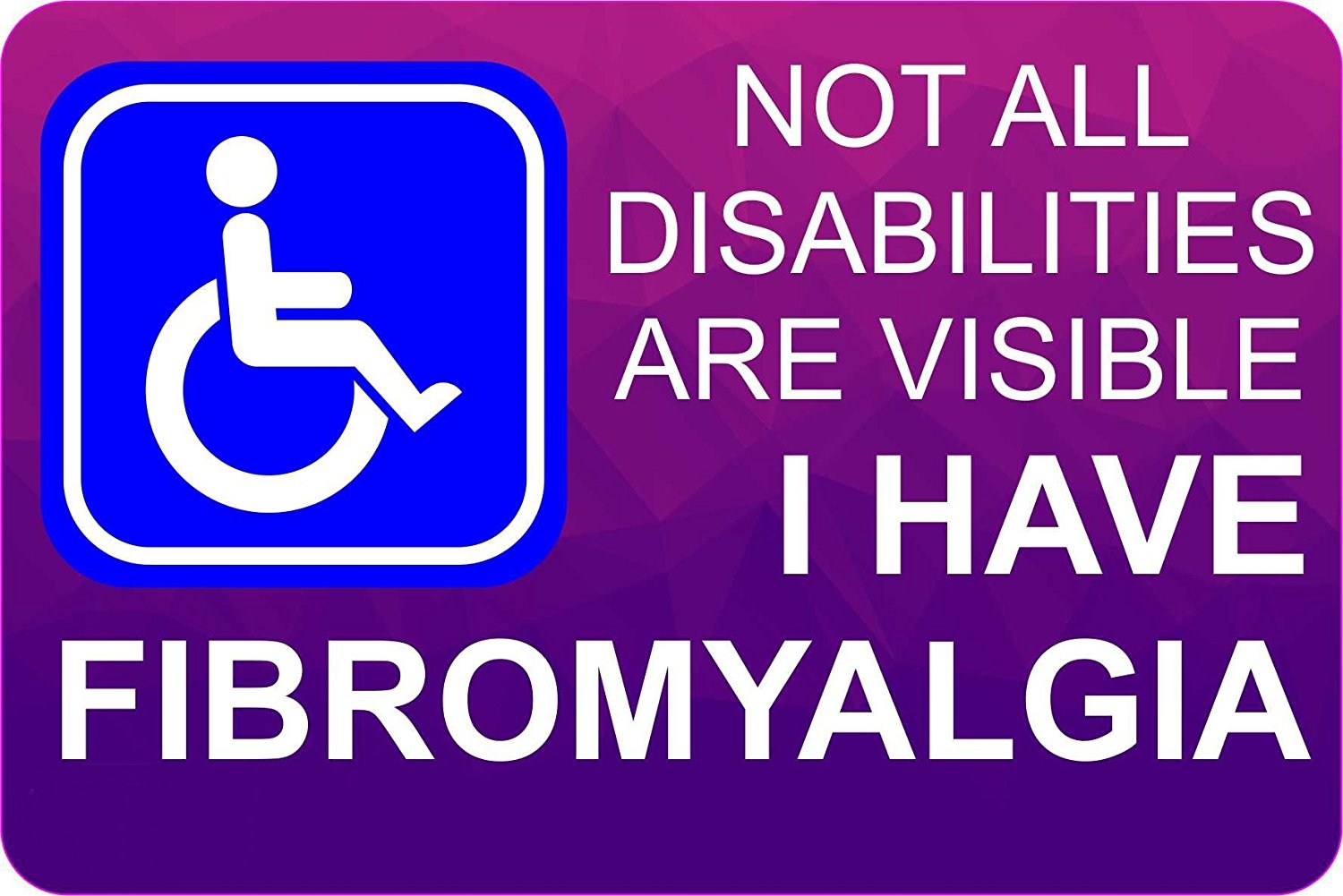Sleep is defined by a fibromyalgia sufferer as:
A period of time you lay uncomfortably conscious in bed, totally exhausted but unable to rest and restore
Fibromyalgia is a funny (okay, cruel and ironic) thing. You are always exhausted. Totally, unbelievably exhausted. Physically, mentally, and emotionally. One would assume that someone with fibromyalgia sleeps all the time, but you know what assuming does, right?
Sleep is difficult, frustrating, and most times non-existent for someone with fibro. I personally don’t sleep for more than an hour at a time, and if I get a total, combined 4 hours a night that is a good night. Sleep is usually just a few hours of dozing off and on.
As a fibro sufferer, you need sleep, you crave it. But are in so much pain you can’t find any comfortable position. You try different mattresses, pillows, couch, floor, anywhere. You try reading, watching TV, and total silence and darkness. You try melatonin, muscle relaxers, sleep aids. Lavender bath bombs and lotions. Marijuana. Various versions and CBD products. You try it all.
And, guess what? You still can’t sleep.
Unrefreshing sleep
Unrefreshing sleep is one of the primary symptoms of fibromyalgia. No matter how much we sleep, we still wake up exhausted. Multiple research studies have confirmed our disordered sleep. We don’t spend enough time in the deeper, more restorative stages of sleep, and some studies have also shown that we have what are called alpha wave intrusions, which are associated with wakefulness, during the deeper stages of sleep.
Explanation for trouble sleeping in fibromyalgia
One explanation for trouble sleeping is that, with fibromyalgia, the normal order of brain waves gets messed up. Deep sleep patterns are disrupted by brain waves that signal wakefulness, so you never really settle into good sleep. So what can you do to get the rest you need? You shouldn’t have to suffer with the consequences of little to no sleep. Here are the tips for getting the snooze-time you absolutely need.
Set the Right Environment
You want to be sure that nothing will keep you from falling asleep or wake you once you drift off. That means minimizing any lights or sounds in the room. Shut the TV and be sure to set mobile devices for silent mode. Even a phone vibrating on the nightstand may keep you from getting into deeper sleep cycles. Also Read “choosing the right bed, bedding and sleepwear for sleeping comfortably with fibro”.
Soothing Sounds
Listening to music before bed can enhance sleep. People with fibro in a 4-week study could adjust the sound and how long they listened, and replay it if they woke up during the night. Everyone heard the same mix: “Music to Promote Sleep” on the Sonic Aid label was chosen for its specific beats.
Keep a gratitude journal
On the flip side of that coin is gratitude! Living with chronic pain is hard, there’s no question about that. But expressing gratitude can be emotionally soothing and even distract from physical pain. Every day has something to be thankful for, whether it’s a fibro-friendly meal or cuddles with your pet. Putting your focus on those little joys can help calm your mind and body.
Avoid stimulants & alcohol late in the day
Coffee, tea, chocolate, and many sodas contain caffeine, which is the last thing you need late in the day if you struggle with getting a good night’s sleep. You might consider reducing how much coffee you’re drinking even in the first part of the day, too. Alcohol, on the other hand, is a depressant, but it can easily interfere with sleep. You might fall asleep more easily, but you probably won’t feel well-rested in the morning.
Fibromyalgia Disability Car bumper sticker: Lets put this sticker on your car and spread the fibromyalgia awareness. As many people out there don’t consider our illness as being disable, because they don’t know it. – Click Here to get Yours Fibromyalgia Disability Sticker for you Car

Click Here to Visit the store for more Products
Keep a consistent sleep schedule
“It’s critical for fibro patients to keep regular bedtime hours,” Doghramji said. “By regular, I’m emphasizing more the time they get up in the morning [and] not so much the time they go to bed at night. The time one gets up in the morning is a strong determiner of one’s next 24-hour circadian rhythm, including the time the person is likely to fall asleep the next night, so regularity is of critical importance. That applies to weekends and weekdays and vacations as well.”
Consider getting a sleep study
If you have frequent interruptions in your sleep, daytime drowsiness, unusual movements during sleep, snoring or breathing pauses, and/or difficulty falling/staying asleep that you believe are not due solely to your fibromyalgia, you should discuss these symptoms with your primary-care physician or sleep specialist,” said Dr. Clete Kushida, medical director of the Stanford Sleep Medicine Center in Stanford, California. Sleep apnea, restless legs syndrome and periodic limb movement disorder are all common comorbidities in fibromyalgia patients. The diagnosis and treatment of these disorders can improve sleep.
Try to skip daytime naps
Try to skip daytime naps, which can mess with nighttime sleep. If you must, snooze for no more than 60 minutes and get moving as soon as you wake up.
Keep Cool
Your body temperature actually lowers when it begins the sleep process, so why not give it a little help? Try lowering the temperature in your room to 60-70 degrees Fahrenheit before heading to bed. Observe how you sleep over a weeklong period of the cooler temperature. You may need to experiment a little bit to find your personal definition of “perfect bedroom temp,” but as a general rule, people sleep better in cooler environments.
Sleep in a dark, quiet room
Make sure your bedroom is a dark and comfortable place you look forward to seeking refuge in for the night. Sleeping in a cooler room has shown to help achieve a deeper sleep with plenty of warmth from blankets. White noise machines can help clear out subtle sound distractions. For some people, listening to soothing music or an audiobook can help induce sleep.
Essential Oils
Some people swear that certain scents make it easier to sleep. The more popular choices include lavender, bergamot, ylang-ylang, sage, and chamomile. If you choose this option, discuss it with your healthcare provider, and be sure to avoid anything you are allergic to.
Upper Cervical Chiropractic
When the atlas (C1) is out of alignment, it can put pressure on the brainstem and inhibit blood flow to the brain. Correcting the misalignment may help to reduce symptoms, including pain levels, leading to an easier time getting to and staying asleep. To learn more, contact an upper cervical practitioner near you.
Take a bath or shower before bed
With fibromyalgia, we’re definitely more sensitive to cold temperatures. In the winter, it can be especially helpful to take a hot bath or shower right before bed so your muscles are relaxed and comfortable. In contrast, in the summer heat, a cooler bath or shower might actually help you feel more comfortable. The goal is to soothe and relax your sore muscles. Sometimes tucking an ice pack (or a hot pack) between your neck and the pillow can help as well. Also Read CBD Bath bomb for fibro pain relief and sound sleep
Put down the mobile devices, turn off the TV and dim the lights
“Try to eliminate as much light as possible for a couple of hours before sleep,” Doghramji said. “Light has a way of disturbing circadian rhythms by diminishing melatonin levels, so making the environment as dim as possible for a couple of hours before bedtime may be helpful.”
Also Read:
What sleeping is like when you have fibromyalgia
Fibro Flare Blanket: Winter’s Special fleece Blanket for people suffering from chronic illness like Fibromyalgia, lupus, Multiple Sclerosis, ME/CFS. Flare Mode ON Blanket, Hoodies, Tote Bag, Mug. Leggy and the Pillow. Available in different colors and sizes. Click Here to Get This

Comments are closed.